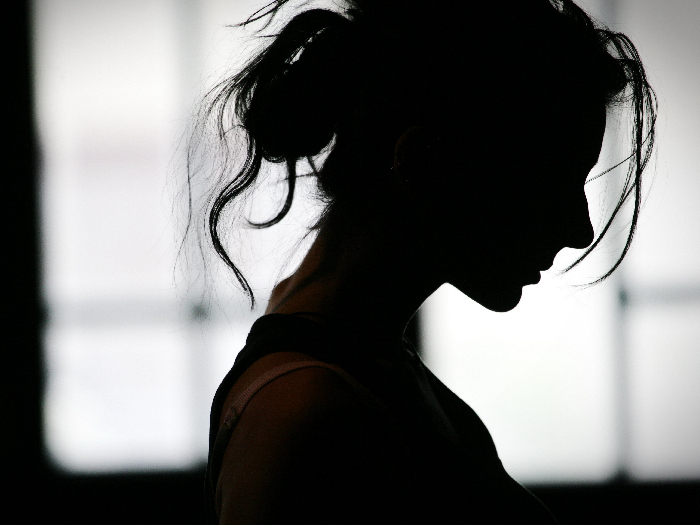The global lockdown has raised anxiety levels, especially in vulnerable people. A new study, published by the American Psychological Association, found that the imposition of the lockdown has significantly raised mental health challenges. This included anxiety and depression. The study found that vulnerable people were at a higher physical and psychological risks. Vulnerable people were defined as those who have reported twice the rate of health-related anxiety when compared to the general population. [1]

Lockdown and isolation are triggering anxiety in the general populace. Photo Credit: Shutterstock
Carried out by the University of Bath, the research drew on an online survey via social media. More than 800 people (average age 38 years, 80 percent female) were recruited for the study. 22 percent of these participants had a pre-existing medical condition. They were asked to answer questions over a 10-day period, from 17th-26th April 2020. The UK was under a full lockdown at the time.
One-fourth of the participants reported heightened anxiety and depression. This was further aggravated by isolation and lockdown. For 15 percent of the participants, it reached clinical levels of anxiety. People in vulnerable groups reported significantly higher anxiety than the average person. The researchers asked for greater sensitiveness towards mental health issues when forming policies.
“What our research focused in on is how some individuals have struggled to tolerate and adapt to these uncertainties – much more so than in normal times. These results have important implications as we move to help people psychologically distressed by these challenging times in the weeks, months and years ahead,” said Dr. Hannah Rettie, the lead author.
